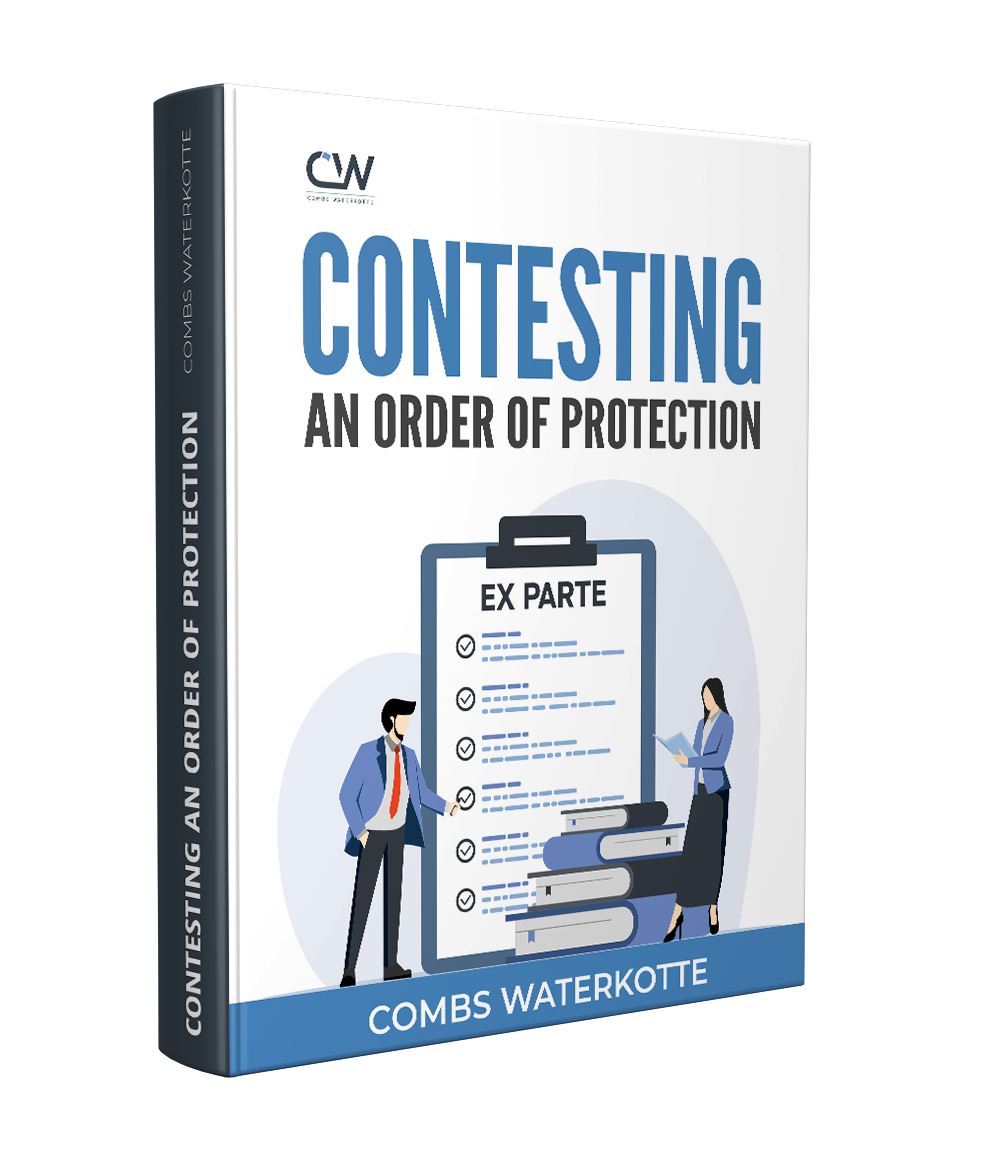
We help people just like you get back to their freedoms and lives. Speak to a St. Louis appeals lawyer today at (314) 900-HELP.
The Appellate Framework
The U.S. Constitution and the Missouri Constitution guarantee criminal defendants the right to a jury trial. While this right can be waived if you would rather plead guilty or have a bench trial, the state must provide a jury trial when you request it.
An appeal, on the other hand, is not guaranteed. Appeals are only available when the trial court has committed an error. In other words, you cannot appeal a conviction simply because you disagree with the verdict rendered by the judge or jury. Instead, you must identify a specific issue for the appeals court to review.
If you and your attorney identify an error and win on appeal, the court can vacate your conviction. Your case will then return to the trial court, where prosecutors can retry you, dismiss the charges, or negotiate a plea bargain.
Appeals of Criminal Convictions in St. Louis, MO: Key Elements
Appeals in criminal cases are generally tools for defendants convicted of criminal offenses. While a prosecutor could, in theory, appeal an issue in an acquittal, the U.S. Constitution’s double jeopardy provision renders the appeal moot. An acquitted defendant cannot be retried.
Generally, appeals by defendants can take place at two times during a criminal prosecution. Most issues must be ripe for appeal, meaning that you must have a final judgment in the form of a conviction before you can request appellate review. This finality rule reduces congestion in the appeals courts by eliminating appeals for harmless errors.
For example, suppose that you want to present evidence of self-defense in a prosecution for assault. However, the court disallows the defense because the judge determined you were the initial aggressor. If the jury acquits you, the judge’s mistake is harmless, and you do not need to file an appeal.
Interlocutory Appeals
Other issues can be appealed during the pretrial or trial process. These interlocutory appeals are typically used by the state to review decisions that affect the prosecution’s ability to present its evidence at trial. Some examples in the Missouri Revised Statutes include these trial judge decisions:
- Quashing arrest warrants
- Ruling a defendant unfit to stand trial
- Suppressing the state’s evidence, including a confession
The defendant can also pursue an interlocutory appeal, but the defendant usually must show that they require extraordinary relief for the appeals court to accept it. This is why criminal defendants typically need to wait for a final judgment.
Keep in mind that appeals courts can only review legal errors. The court is specifically disallowed from substituting its judgment for that of the judge or jury in weighing the facts.
Plea Bargains
You generally cannot appeal after a plea bargain. When you accept a plea bargain, you must waive your right to appeal except for narrow issues, such as your mental competence or the adequacy of your lawyer’s assistance.
Many criminal defendants hire different law firms to handle their appeals to bring fresh eyes to their cases. However, you can also use the same lawyers to handle your trial and appeal.
Notice of Appeal
In either case, your lawyer must file a Notice of Appeal within ten days after the final judgment. We can seek additional time, but the appeals court can only extend the deadline up to twelve months upon a showing of “good cause.”
Once the appeals court accepts the Notice of Appeal, our team prepares a brief. We generally cannot introduce new evidence on appeal. However, we can argue that the court improperly excluded evidence that should have been shown to the jury. Also, in narrow situations, an appeals court might grant a new trial for evidence unavailable during the original trial, such as DNA evidence in a decades-old rape case.
Our attorneys can file your appeal brief explaining what occurred during the trial and identifying the trial court’s mistake. The state responds by explaining why the trial court’s actions were not mistaken.
Oral Argument
The appeals court then schedules an oral argument in which both parties present their cases to a panel of appeals judges. The judges will ask questions during the argument.
Afterward, the judges will confer and render a written decision. If the judges agree with your arguments, they can reverse your conviction and remand the case to the trial court for a new trial.
If the judges agree with the state, they affirm the conviction. We can then appeal to the Supreme Court of Missouri. It’s important to note that the court can turn down appeals except in death penalty cases.
Habeas Corpus
You can also use a process called habeas corpus. This writ is used to challenge the Constitutionality of your imprisonment. Our lawyers file this writ in a federal district court. The petition must explain how the state violated your federal or Constitutional rights in arresting, convicting, and imprisoning you.
Grounds for Appeal in St. Louis Cases
Our experienced team has several possible criminal defense strategies we can present on your behalf at trial. If a judge misapplied the law to your defenses, we can highlight the court’s mistake in your appeal brief. Some grounds we can use to appeal your case include the following:
Improperly Allowing Evidence Against You
We can appeal a trial judge’s decision to allow the prosecution to use certain evidence against you. For example, suppose that you want to raise an insanity defense. However, the court allows a prosecution expert to testify about your mental state, even though they did not examine you. Our lawyers might raise the issue on appeal.
Mistakenly Excluding Your Evidence
The court might exclude evidence essential to your defense. As a result, you might have an alibi defense based on your friend who was with you at the time of the alleged crime. If the court blocks your friend from testifying, you may have an appealable issue.
Erroneously Disallowing Defenses
The court determines what the parties can present to the jury. Suppose the judge blocks you from raising entrapment in your trial despite evidence that an undercover officer pressured you. In that case, you may have grounds for an appeal.
Admitting Evidence From an Illegal Search
The Fourth Amendment limits the government’s ability to search you and your property. You can appeal if the judge improperly allowed illegally obtained evidence in your trial.































